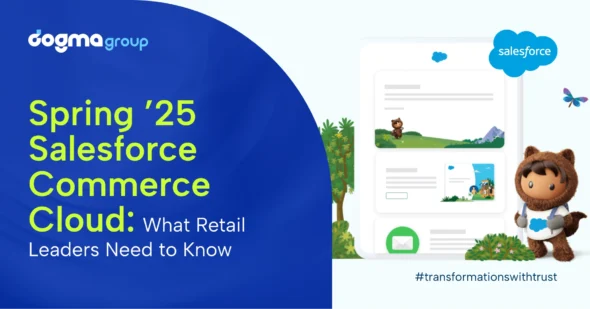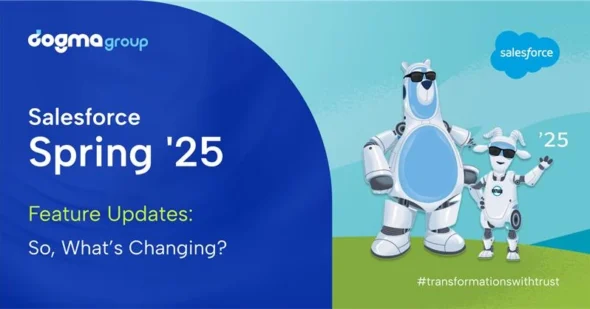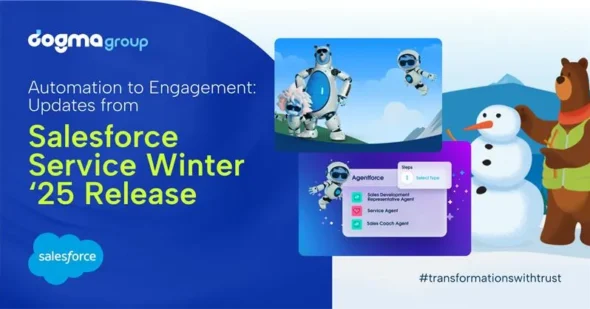Author: Binam Ghimire
One of the recent releases from Microsoft’s publication with the title “The Future Computed- AI & Manufacturing“, is an interesting take of Microsoft on what AI (Artificial intelligence) means to Microsoft and where are they going forward with it.
Since we happen to go through it, I decided to write a quick review of some sort, capturing and sharing some major takeaways.
What is AI in a simple term? Put simply, AI is a machine’s ability to recognize patterns, sounds, images, and words, and to learn and reason over data—to infer—in ways that are similar to what people do. It’s a set of technologies that enable computers to understand and interact with the world more naturally and responsively than in the past, when computers could only follow preprogrammed routines.
Why is AI everywhere? (or at least it looks like it!). Taking the rise of connectivity, power of computing, cloud that has been made accessible so easily, it is easier to implement AI into everyday life than it was decades ago being worked inside research Labs (Yes! AI is actually quite old in terms of its inception)
Microsoft aims to democratize AI, which means they want to do the same with it as they did with the PC and windows. The revolution they lead in personal computing enabled every employee, individual to use the power of computer to become more productive and change the way we work fundamentally. Microsoft aims to lead a similar revolution in AI, by letting consumers and business use it alongside their everyday work.
Different cases of customers and partners using Microsoft’s offerings have been discussed which shows how we are implementing the technology. While this is going on, digital transformation that come with implementation of such disruptive technology also possess challenges and there are different points discussed in terms of this cultural transformation which is described as parallel to digital transformation. It is much easier to see AI in action in manufacturing as they help create a safer environment for workers and better automate the processes while the company reaps tangible benefits from it. The data generation that we can do by implementing different digital systems have prompted our AI systems to grow in terms of capability.
Another topic discussed well in this publication is the ethical implications of AI, which is quite a growing concern for an industry. Are we using AI to replace workforce or are we using AI to make them work better? Challenges and solutions alongside path ahead are discussed well from Microsoft’s perspective.
AI will also influence our future policies and framework we have as a society. New business models need to be created and different (better) value chains will come up or should come up which will help organizations be more optimized. There are also topics discussed under fairness of AI and how it affects our privacy and security while being an inclusive system. The line we want to go forward should be where people who design and deploy the AI systems also should be accountable for how the systems operate.

If you want to unlock the potential of your business data to make better decisions and drive results across your organisation. Contact us today for a no-obligation consultation on 01296 328 689. Or email us at info@dogmagroup.co.uk.




